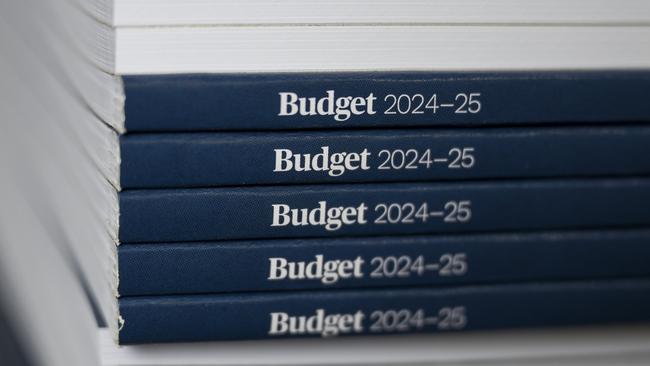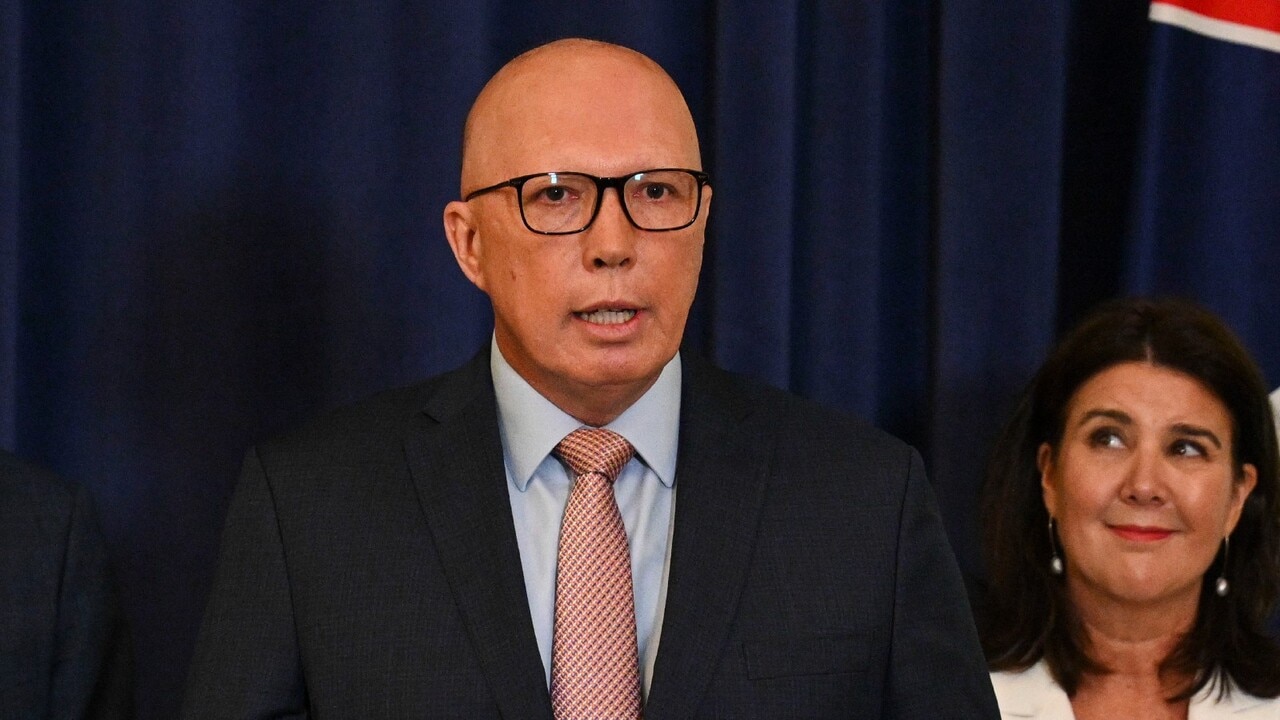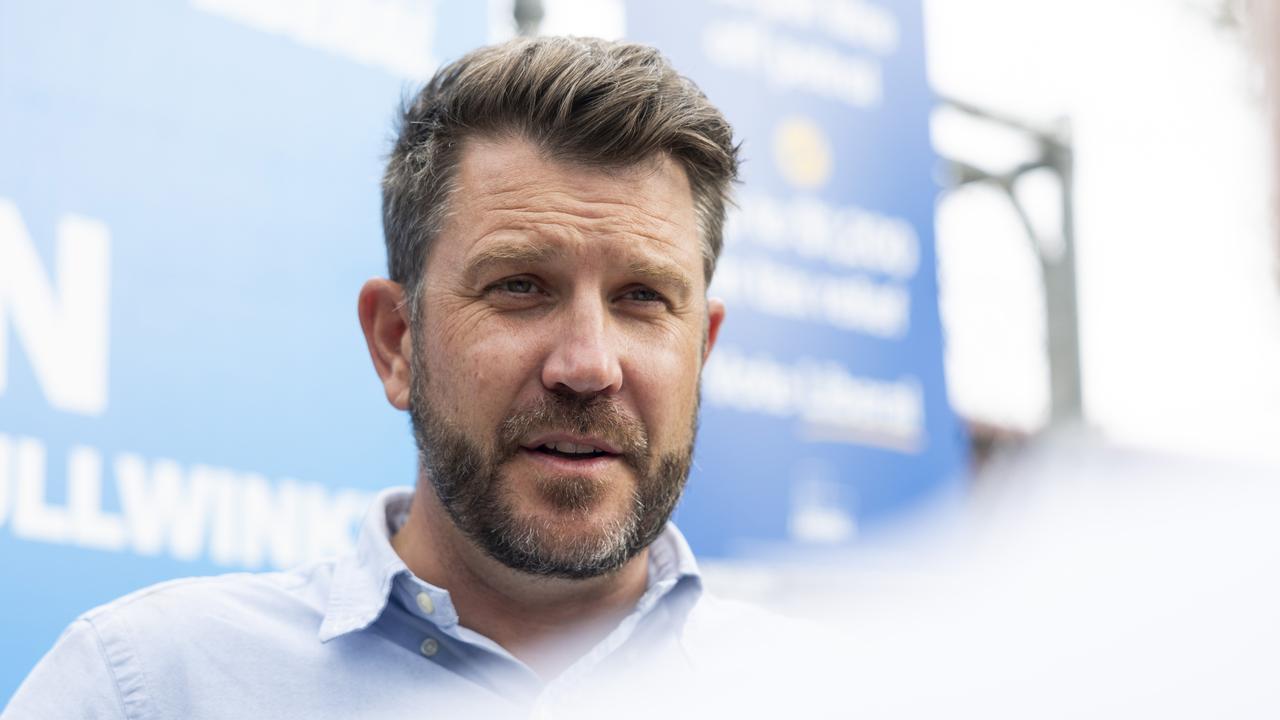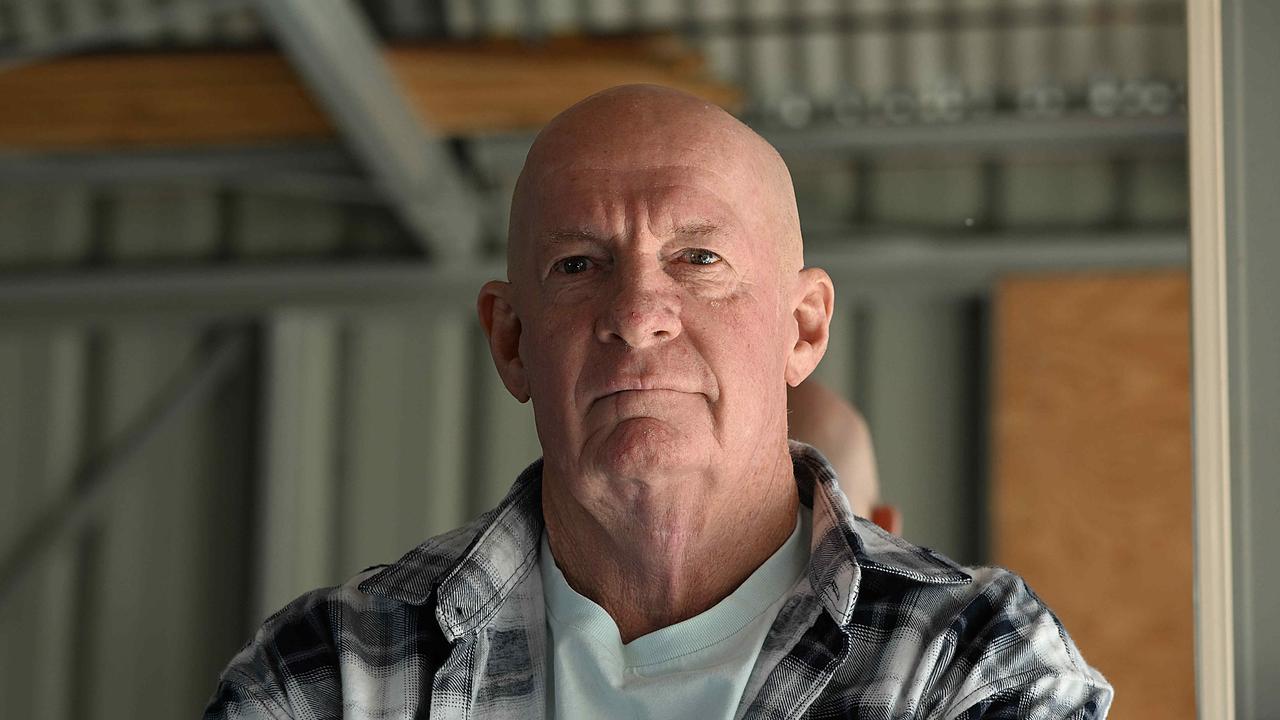Economists demand budget fix amid deficit woes
Leading economists want action to rein in rising spending or increase revenue, as fresh Deloitte projections forecast a $33.5bn budget deficit this financial year.

Leading economists are urging Labor and the Coalition to go to the election with plans to cut spending or raise taxes to put the budget on a pathway to a structural budget surplus, amid growing expectations this year’s deficit will be deeper than Treasury forecast in May.
Their calls follow the release of Deloitte’s latest budget monitor on Tuesday, which projected the federal budget to post a $33.5bn deficit this financial year, marking the most severe deterioration in the bottom line ever recorded outside of the Covid crisis.
Responding to the fresh forecasts, Finance Minister Katy Gallagher did not deny December’s mid-year economic and fiscal outlook (MYEFO) would show a deepening of the $28.3bn deficit projected by Treasury at the May budget.
“We’ll update the MYEFO bottom line, as you’d expect,” Senator Gallagher said.
She argued it was “not unusual” for projections contained within the impending mid-year budget update to differ from Treasury’s earlier estimates.
Warning of growing pressures on the federal budget, Senator Gallagher said the economic slowdown in China would drag on the nation’s finances.
“You will have to wait for the numbers. But obviously this year and next year were always going to be difficult years,” she said.

KPMG chief economist Brendan Rynne, who similarly expected an increase to the projected budget deficit at the mid-year update, said either a decline in government outlays or a rise in revenue was needed to improve the state of the budget.
“If we’re going to continue to spend this amount of money, we’re going to need to increase taxes to pay for it as well,” Dr Rynne said.
However, he warned that any revenue-raising measure would be met with community resistance.
The expected strain on the nation’s finances comes as Labor’s proposed tax hike on high-balance superannuation accounts – one of its few revenue-raising measures – remains stalled in the Senate and is unlikely to pass the parliament before the election.
But despite opposition from the Coalition, the Greens and the Senate crossbench, Senator Gallagher on Tuesday reaffirmed Labor was “not giving up” on the policy, which would double the tax rate on the earnings of superannuation assets worth $3m or more to 30 per cent.
“We’re in negotiations to get as much of that through as we can, but that certainly remains Labor policy,” she said, signalling Labor would take the plan to the next federal poll if the legislation couldn’t be passed during the current parliamentary term.
With the budget benefiting from a decades-long commodity boom, HSBC chief economist Paul Bloxham warned Australia’s “luck” from surging revenue windfalls was unlikely to be repeated and called for a focus on bolstering the now-anaemic levels of productivity growth.
“Australia’s policy settings – particularly regarding competition, tax, investment and industrial relations – have not been ideal for lifting productivity,” Mr Bloxham said.
“A recent boost to public health and aged-care spending is (also) playing a role.”
“Weak productivity is an inflation risk as well … (it) is keeping unit labour costs too high, and is a factor that is likely to mean the RBA will only gradually ease policy, if at all,” he said.
EY chief economist Cherelle Murphy warned the ballooning growth of government debt would “close down options” for future governments without a change to the fiscal settings.
“That’s obviously not ideal, particularly when the cost of debt is getting higher given there is more and interest rates are also high as well,” she said.
“It means they’re essentially choosing to pass on debt to future generations.”





To join the conversation, please log in. Don't have an account? Register
Join the conversation, you are commenting as Logout